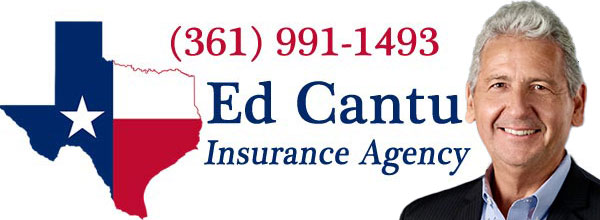



For most of us, our home is the most expensive thing we own. It shelters our family and stores all of our prized possessions. If you don't have the right protection and your home is either damaged or destroyed, you could be left out of your own home and lose the money you invested into your mortgage and personal belongings. Many types of damage happen every day such as fires, wind damage, and theft so its important to make sure you have the proper coverage.
Like most people, you probably borrowed money to buy your home from a bank or mortgage company. They insist you insure your home, but deciding what kind of coverage and how much to buy can be confusing. The best way to get familiar with your home policy is to talk to your insurance agent.
Most home insurance policies cover your house, garage, and other structures against damage, destruction, and theft. This usually includes personal possessions such as furniture, appliances, and clothing, however, the extent of the situation coverage depends on the type of policy.
Limited Form policies provide limited actual cash value coverage of your home and your belongings. Only the damages listed in the policy are covered.
Limited Form Amended policies provide more coverage than the Limited form policy but less than a Broad Form policy. For instance, Limited Form amended policies may include replacement cost coverage and coverage of damage from sudden and accidental water discharges. Neither of these coverages is included in the Limited policy. Coverages provided by Limited Form Amended policies vary.
Broad Form policies provide replacement cost coverage for most types of damage, except those specifically listed in the policy as being excluded. Generally, these policies provide the most coverage for the price, but some companies do not offer the Broad Form policy.
All Risk policies provide the most extensive coverage, but they are more expensive and not always available.
Replacement cost is what you would pay to rebuild or repair your home, based on current reconstruction costs. Replacement cost is different from market value and does not include the value of your land. Ed Cantu Insurance Agency will help you determine the cost to rebuild your home. It also applies to the cost to replace your personal belongings that are damaged or stolen.
Actual cash value is the replacement cost of your property minus depreciation (current age and condition). If your home is destroyed and you only have actual cash value coverage, you may not be able to completely rebuild. This applies to your personal belongings too.
Homeowners insurance pays to repair or replace your home and/or your personal belongings when they are damaged or destroyed by a covered event. Your policy states the amount the company will pay and what types of losses it will protect you against (such as fire, smoke, lightning, windstorms and theft).
You can buy a policy that covers only your house, but most homeowners buy a policy that combines
Dwelling pays when your home is damaged or destroyed. It also pays for unattached structures and buildings, such as fences, detached garages, and storage sheds.
Personal property pays when the items in your home (such as furniture, clothing, and appliances) are damaged, destroyed, or stolen.
Liability provides coverage when you are sued and found legally responsible for someone else's injury or property damage (does not apply to car accidents). It will also pay for legal fees to help defend you. You decide the proper amount of protection, some policies allow up to $1 million in coverage.
Medical payments pays the medical bills of people (non family members) hurt on your property. It also pays for some injuries that happen away from your home, such as your dog biting someone. A basic homeowners policy pays $500 in medical bills but you can buy up to $5,000 in medical payments coverage.
Loss of use pays for your additional living expenses (temporary housing, food, and other essential expenses) if you must temporarily move out of your home while repairs are made to your house. Most policies pay 10 to 20 percent of the amount of your dwelling coverage.